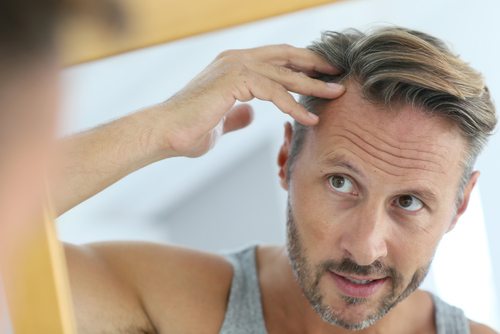More than 50% of US states have legalized medical marijuana. How this works is that the states require patients to register, apply or in some other way obtain permission to receive marijuana as a treatment or as alternative medication for certain conditions. The different states define medical conditions differently. However, all of the states require a doctor’s diagnosis to authorize taking the marijuana. This usually means that the individual who wants the prescription must visit the doctor’s office and the doctor must look into their full medical history including medical records. That being said, doctors can use their discretion to prescribe marijuana without reviewing any previous medical history.
Receiving Medical Marijuana
Before a doctor signs off permission for an individual to receive marijuana for treatment, their medical condition must be sufficiently serious or debilitating. However, some conditions are subject to interpretation, and some may even be faked. So, which medical conditions could be subject to interpretation? Individuals may claim any of the following:
- Hair loss
- Dry skin
- Anxiety
- Loss of appetite
- Muscle spasms
- Ligament or tendon pain
- Arthritis
- Severe nausea
- Migraines
Sociologists at the University of California, Santa Cruz have reported that the most common reasons patients have cited for using medical marijuana are relief of pain, spasms, headaches, anxiety, and for improvement of sleep and relaxation. The top 3 reasons that doctors gave for recommending medical marijuana were back, spine or neck pain, sleep disorders and anxiety or depression. These results came out of a survey conducted of nearly 2000 patients at 9 medical marijuana clinics in California.
It is possible that the symptoms for the above could be faked. Three fourths of the patients surveyed reported that they had tried other doctor prescribed medications before wanting to try marijuana. It is worth noting that it may be easier to get a recommendation for marijuana than it is for Vicodin or Valium.
However, on the whole it doesn’t look as though permitting the use of marijuana medically has fundamentally changed the doctor patient relationship. Doctors commonly prescribe psychoactive medications for a number of reasons, and all of that is done legally. Therefore, if medical marijuana works better for some individuals, then there is no reason to prevent them from using it.
History of Medical Marijuana Users
The majority of patients who were surveyed in California responded that they had used marijuana before for recreational purposes. However, over two fifths of the survey takers said that they had not been using it recreationally prior to using it for medicinal reasons.
In conclusion, it is difficult to make the distinction between medical and recreational use. It is also difficult to measure the extent of who might be using phony or exaggerated ailments as an excuse to get marijuana. However, that phenomenon is not limited to marijuana, but affects other legally prescribed drugs also.

